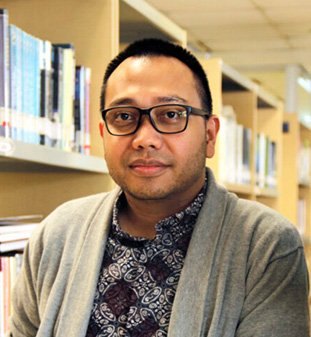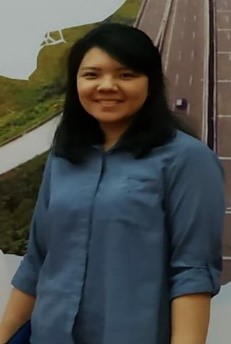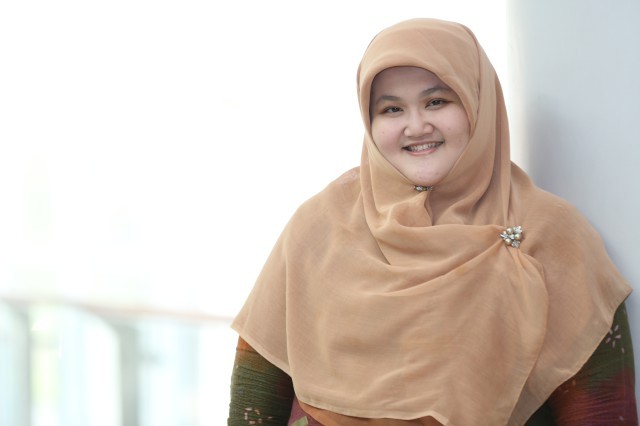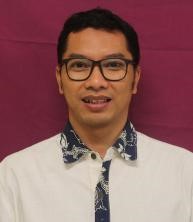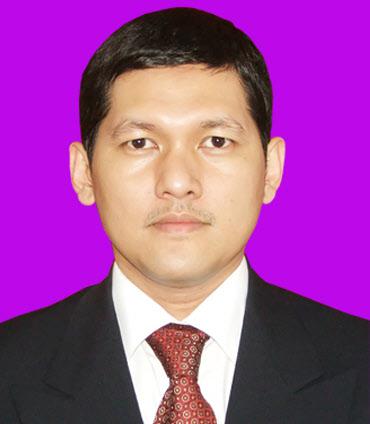Case Document
TOYS ‘R’ US: THE DEMISE OF THE TOY EMPIRE
PT SUMMARECON AGUNG TBK: THE CONSTANT PURSUIT OF PERFECTION
THE BALLADS BETWEEN AREMA AND JOKO SUSILO: SEPARABLE OR INSEPARABLE?
TAUZIA HOTELS’ CORPORATE SOCIAL RESPONSIBILITY (CSR): A STAIRWAY TO HEAVEN
PROMISES FACEBOOK WITH PRIVACY USERS
Facebook was released on February 4, 2004 by Mark Zuckerberg along with 4 other friends such as Eduardo Saverin, Andrew McCollum, Dustin Moskovitz and Chris Hughes.
Since 2004, Facebook has introduced some of the features contained in the website. The News Feed feature introduced in 2006 allows users to communicate and view their friends' activities on the website. It also allows for direct advertisement to the user's News Feed. In 2007, Facebook introduced the Beacon feature, which collects data about its user activities, focusing on the habits of user shopping activities.
Beacon Tool is used to track user's search data and purchases from partner sites, Facebook then broadcast this information to the user's network. No need to wait too long, this feature reaps a lot of controversy and protests from the online community. Many communities believe that the Beacon Tool is a privacy violation and a user agreement violation by the company. The Beacon Tool records Internet activity of Facebook users and sends this activity back to Facebook which then publishes across the network of Facebook users. The Beacon Tool is applied to all Facebook users by default.
PERTAMINA OIL SPILL
The world community faces unprecedented ecological challenges in the 21st century, including climate change, resource scarcity, and threats to biodiversity. A critical task in coming decades for government policymakers, civil society organizations, corporate leaders, and entrepreneurial innovators will be to find ways to meet simultaneously both economic and environmental goals.
PERTAMINA has been awarded two platinum awards in the CSR Award (ICA) 2017, and an Appreciation Award presented by Sindo News Media for conducting CSR in the same year. However, PERTAMINA is also linked to controversial cases, such as the devastating oil spill in Balikpapan Bay in 2018 due to a leaked oil pipe. This is not a surprising news, as PERTAMINA allegedly experienced a leak from its oil pipes previously, in the year of 2004 and 2017.
The PERTAMINA oil spill case in Balikpapan Bay causes multiple adverse impacts to the environment, the surrounding society, and to the business itself. The ecological damage itself is estimated to be US $8.27 billion. The spill is said to be Indonesia’s worst environmental disaster from the last ten years. How can PERTAMINA manage environmental and business sustainability by reducing ecological damages and promote sustainable development? More importantly, how can the government help impose laws, regulations, and sanctions to help support environmental sustainability?
BUSINESS AND IT’S SUPPLIER: TAKATA AIRBAG RECALL
FAKE NEWS: A LOOK AT COMPLETELY UNTRUE HEADLINES
In a world where democracies are important, news organizations play a crucial role in the development of modern society. In other words, media organizations significantly influence society through their content. The character of the media is interesting in this regard. The media serves as a surveillance for public institutions and society, but media outlets are also business entities with the baggage of potential bias and interests that come with money.
As the press has grown into a massive and powerful existence, especially with the emergence of online media, there has been a significant change in reporting news from things that already happened to things that are happening. However, in order to provide 'real-time' news, the essence of journalism, which should strictly rely on the verification of facts, seems to be often neglected. Some of the most important aspects of the media's social responsibilities lie in the areas of ethical journalism, news accuracy, and media bias. The failure to appraise upon those aspects might cause public misinformation and, in the Indonesian context, social conflict.
In 2017, in West Kalimantan, Maman Budiman, a 53-year-old man was on March 26 attempting to visit his son in Amawang village in Mempawah regency when he was beaten to death by local people who suspected him of preying on children. Maman, who was a trader in petai beans (bitter beans), had been intending to deliver some rice and other foods to his son, Tedi (26) when he stopped to ask for directions. He was brutally bashed and detained at the village hall. At the time, false information on “massive” child kidnapping was being spread in the country through social media and chat apps which lead people to believe it. As people rely more on social media for news, there is a real risk of fake news hijacking Indonesian democracy. It is crucial that Indonesian schools teach children to practice critical thinking, so they can distinguish between facts and lies because media have a strong influence towards our children these days in order to get the standard perspective of the news and prevent bias on news media.

